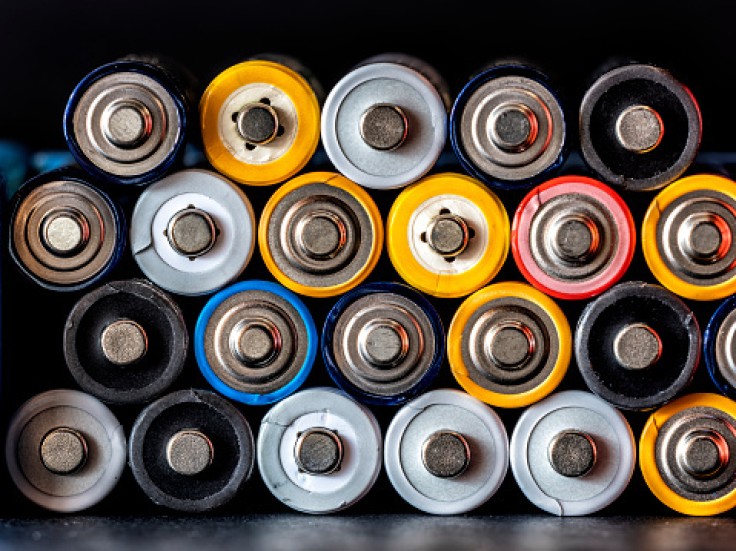Most people don't realize how important lithium-ion batteries are. They are used in various important electronics such as smartphones, laptops, remote controls, and more. However, the production process also calls for carbon emissions, but two companies found a way to reduce that.

Recycled Metals for Lithium-Ion Batteries
Not all batteries can be recharged, which means that after they are depleted, they usually end up as e-waste. Battery materials producer BASF and Nanotech Energy are collaborating to try and use recycled materials to manufacture the energy source.
There is no shortage of metal waste in the world, especially with the rate people are purchasing electronics. With the company's goal to use those to create lithium-ion batteries, BASF claims that the carbon footprint could be reduced by up to 25%, according to The Verge.
Involving other companies, American Battery Technology Company (ABTC) will recycle materials like nickel, cobalt, manganese, and lithium. TODA Advanced Materials Inc. will use these to create battery precursors which BASF will convert to cathode active materials.
BASF Vice President of Battery Base Metals and Recycling, Daniel Schönfelder says that the partnership with Nanotech, ABTC, and TODA "marks an important step for BASF's global battery recycling business."
This could solve the growing problem of e-waste, especially since a lot of electronics still use disposable batteries, which means that the e-waste still continues to pile up and cause environmental problems.
Even rechargeable lithium-ion batteries don't have an unlimited lifespan. All of them deteriorate the more they are used, which eventually leads to them also being thrown away. The same can be said for EV batteries, but a different company has plans to recycle them as well.
Recycling EV Batteries
BASF and Nanotech plan to use scrapped metal materials to create batteries, but it's an entirely different idea to repurpose batteries that still have a little juice in them. EVs cannot use batteries that aren't at 100% capacity, which means their batteries are replaced earlier than most.
Electrical and Computer Engineering Associate Professor, Balakumar Balasingam says that EV batteries can only be used until a certain capacity, which is at 80%. That's still a lot of power that can be used for other applications.
Fortunately, Nissan saw an opportunity for it and decided to use the discarded EV batteries and turn them into portable power sources. These recycled batteries can then be used as an emergency power provider or be used in disasters, as per Interesting Engineering.
The car manufacturer is partnering with JVC Kenwood Corporation and 4R Energy Corporation to make the repurposing possible. While it's only available in Japan, the batteries are sold for $1,170 per unit.
Nissan is only using old batteries from its electric vehicle called Leaf, which the carmaker created 650,000 of. The vehicles have already reached the end of their lifespan, but the batteries are still functional enough.
The process can be used for other EV batteries, especially since a lot of car companies are adopting EVs as well, some even claiming to go full electric by 2030. With that said, the use for rare earth elements could be significantly reduced.









